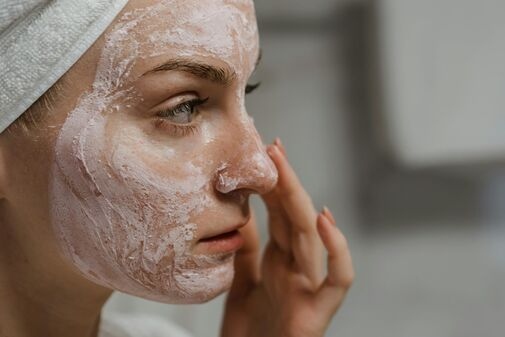
Skincare is no longer just about achieving a glow; it’s about the special care you give your skin. The global skincare industry is expected to surpass $50 billion by 2025, transforming how we view skincare. Today’s consumers are more informed than ever about their needs and expectations from beauty brands. With the rise of climate change and growing awareness of ingredient safety, consumers are becoming increasingly conscious of sustainable beauty. They’ve set new standards for the skincare industry, and brands that focus on high-quality, eco-friendly, and affordable products are seeing success.
On the other hand, brands that prioritize product quality without considering environmental impact are falling behind. Consumers today are more discerning—they want products free from harmful chemicals and harsh additives, not only for their own well-being but also for the planet. Gen Z, in particular, is demanding clean, planet-friendly products. In this article, we’ll explore the top skincare trends shaping 2025, uncover the benefits of sustainable beauty, and share expert insights into how the industry is evolving to meet consumer demands. OUR WEBSITE WILL GIVE YOU ACCURATE AND USEFUL INFORMATION.
Waterless Beauty: Clean, Concentrated, and Conscious
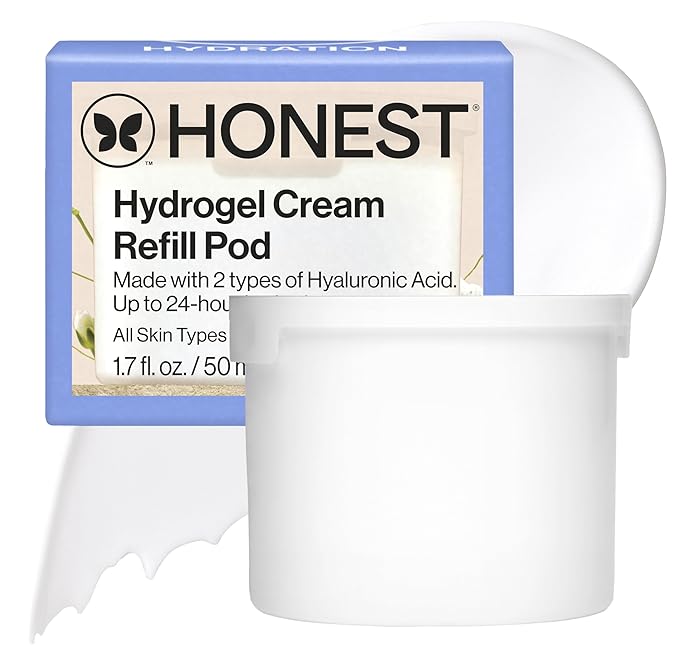
Waterless beauty is fast becoming a game-changer in the world of skincare, and for a very good reason. Basically, waterless products eliminate the use of water in products, which means they are more concentrated, clean, and environmentally friendly. These products tend to be more effective because they concentrate on active ingredients without the dilution of water.
Greatest Advantages of Waterless Beauty:Top of Form
- Increased shelf life: The absence of water eliminates the chance of bacterial growth.
- Fewer preservatives: are required.
- Less waste packaging: Waterless products typically need minimal packaging, which reduces waste.
- Eco-friendly products: make waterless products a superior choice.
All these advantages make waterless products a better choice for environmentally conscious consumers.
Example of Brands Leading the Way:
Companies such as Ethique, which produce waterless shampoo bars, and Lush, whose solid cleansers are a staple in their product line, are at the forefront of this green product development. By adopting waterless formulations, such brands are providing potent skincare solutions that are not just effective but also green, and they are showing that sometimes less can be more.
Blue Beauty: Saving Oceans One Product at a Time
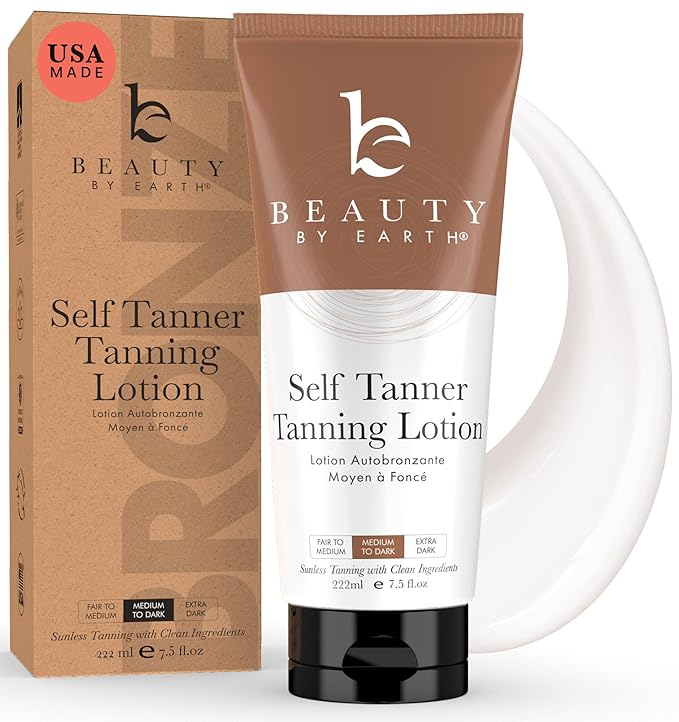
Blue beauty is an emerging trend in the world of skincare that exceeds eco-friendly—it’s about saving our oceans. This movement concentrates on developing ocean-safe products, minimizing pollution in our oceans, and utilizing sustainable, ocean-neutral packaging. As consumers find themselves more aware of how their beauty products affect the planet, blue beauty is taking center stage. Plastic waste, estimated at more than 11 million metric tons per year by the Ocean Conservancy, much of it from single-use packaging such as cosmetics and personal care products, enters the ocean annually.
Blue Beauty benefits
- Reef-safe formulas: Steer clear of destructive chemicals such as oxybenzone and octinoxate that destroy coral reefs.
- Microplastic-free products: Does away with microbeads and plastic ingredients that contaminate marine ecosystems.
- Marine-safe packaging: Utilizes recyclable, biodegradable, or ocean-reclaimed materials to minimize waste.
- Supports ocean conservation: Several blue beauty brands are supporting marine protection initiatives or partnering with environmental groups.
Examples:
Companies such as REN Clean Skincare are truly making a difference through the use of packaging that is reclaimed ocean plastic. Raw Elements, a leader in reef-safe SPF, produces sunscreens that are effective and safe for the ocean. Such companies are demonstrating that it’s possible to provide high-performance beauty without harming the planet—particularly our oceans.Bottom of Form
Circular Beauty: How Refillables and Waste-Free Packages are Taking Center Stage
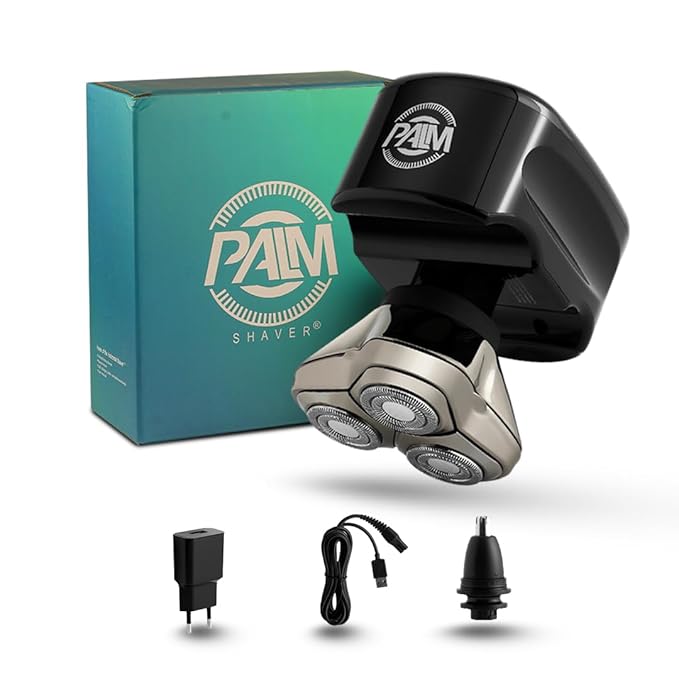
The notion of circular beauty is based on the principle of a circular economy—a model where resources are reused, recycled, and used as long as possible instead of being discarded. In the beauty sector, this translates to developing products with refillable packaging, ensuring recyclable material, and making consumers bring back, reuse, or repurpose containers rather than discard them. It’s about minimizing waste and lengthening the beauty product life cycle in a sustainable manner.
Benefits of Circular Beauty
- Less plastic waste: Eliminates the use of single-use packaging, leaving less plastic in landfills and oceans.
- Cost-efficient for consumers: Refill products tend to be cheaper in the long term than purchasing completely new products.
- Green branding: Engages consumer trust and brand loyalty through open, sustainable practices.
- Reduced carbon footprint: Packaging and material reuse does not need as many resources to manufacture and ship.
Example:
Beauty companies such as Fenty Skin and Kjaer Weis are at the forefront of circular beauty by way of providing upscale, refillable packaging that’s not only sumptuous, but also earth-friendly. Even The Body Shop launched refill shops across the globe to get their clients to return used containers, rather than to purchase new. They are illustrating how beauty needn’t waste and can remain trendy.
Plant-Powered Formulas: Natural, Ethical, and Effective
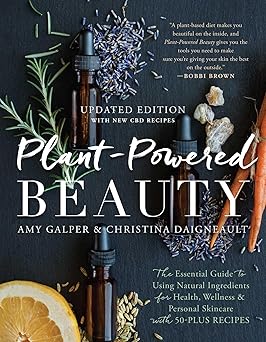
Plant-based beauty is enjoying a moment—and it’s not just fleeting. With consumers seeking cleaner, greener beauty choices, plant-powered, vegan, and cruelty-free products are becoming the new norm. They tap into the natural potency of botanicals without using animal-derived ingredients or testing. But it’s not solely a return to nature—next-generation brands are fusing old-school plant know-how with biotech breakthrough, leveraging lab-created ingredients to decouple mass harvesting from its impact on the planet.
For instance, Biotech bakuchiol, is emerging as a calming, plant-based alternative to retinol with anti-aging effects but none of the redness. Other popular ingredients such as seaweed (appreciated for hydration and anti-inflammatory benefits) and mushroom extracts (adored for antioxidant and calming skin effects) are also on the rise.
Why Ethical Sourcing Matters?
With growing demand comes growing demand for sustainable sourcing and ethical farming. The responsible brands now engage directly with farmers to make sure ingredients are being picked in a way that doesn’t harm local ecosystems or communities. Not only does this support fair labor, but it also helps to preserve biodiversity—the key to actual sustainable skincare.
How to Make the Switch to a Sustainable Skincare Routine in 2025?
It doesn’t have to be complicated to switch to a more sustainable skincare routine. Small, thoughtful changes can add up—good for your skin and the environment. Here’s how to green your skincare in a simple, effective way:
What to Search for on Labels?
- Watch for these keywords: vegan, cruelty-free, organic, biodegradable packaging, or carbon-neutral.
- Certifications: Seek out third-party logos like Leaping Bunny, ECOCERT, USDA Organic, or Certified B Corp.
- Avoid red flags: Avoid products containing microbeads, excess plastic packaging, or ambiguous “natural” descriptions without certifications.
How to Recycle or Upcycle Beauty Containers?
- Check for recycling codes: Not all plastics are recyclable. Seek out packaging with clear recycling symbols.
- Participate in take-back programs: Companies such as TerraCycle, L’Occitane, and The Body Shop provide recycling initiatives for discarded beauty packaging.
- Upcycle in a creative manner: Repurpose previous jars as travel jars, homemade scrubs, or chic storage for small items such as cotton pads or hairpins.
Conclusion:
As we’ve seen, 2025 is all about conscious choices and clean innovation. From waterless skincare and refillable packaging to plant-powered formulas and ocean-safe products, the beauty industry is evolving—and fast. These top trends aren’t just about looking good; they’re about feeling good knowing your routine is helping reduce waste, protect nature, and support ethical practices.
Now it’s your turn to join the movement. Whatever you replace your cleanser with a solid bar, test out a reef-safe SPF, or use a product that has biodegradable packaging, every small change counts. IF YOU NEED ANY INFORMATION YOU CAN CONTACT WITH US ANYTIME.
